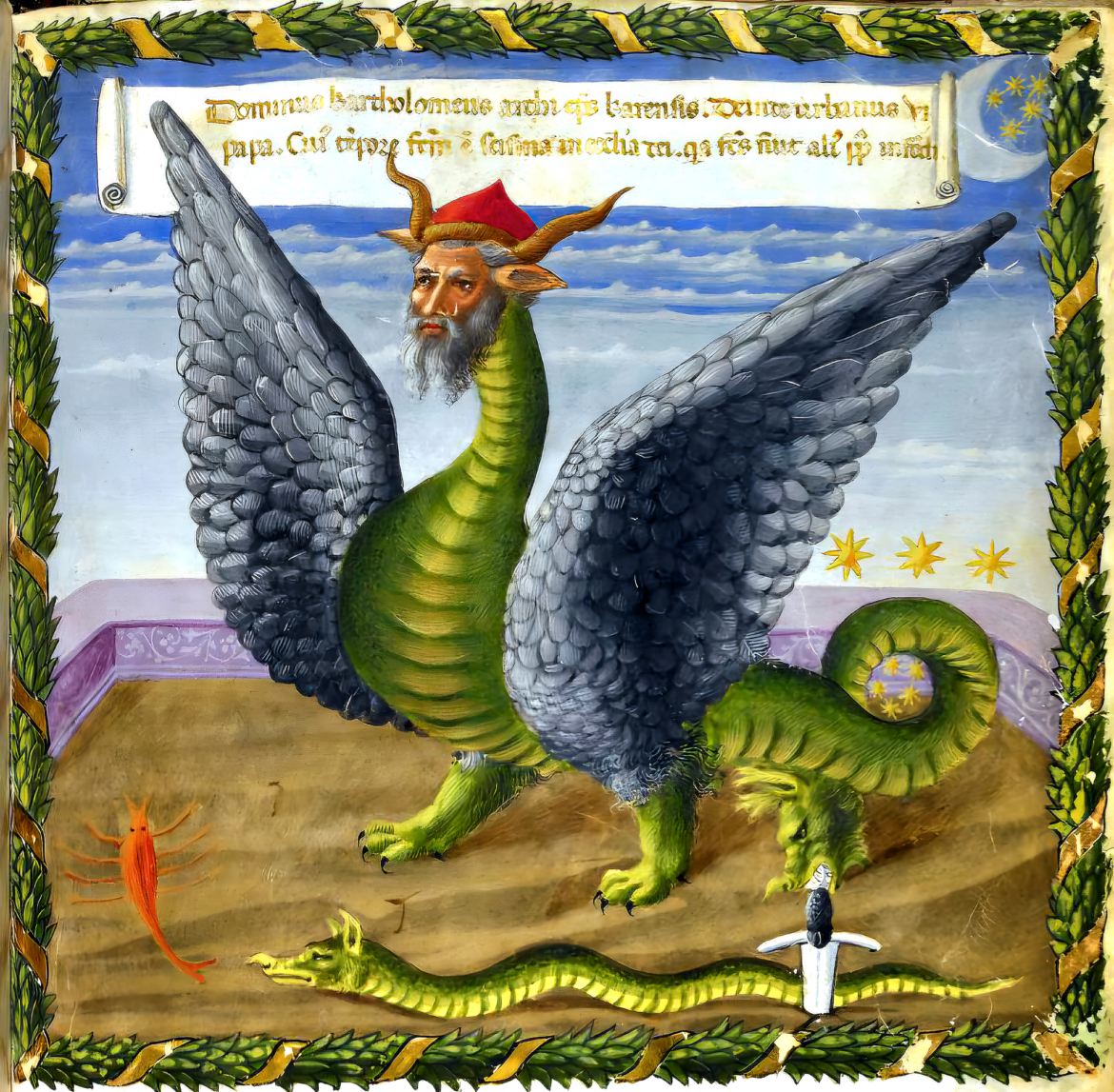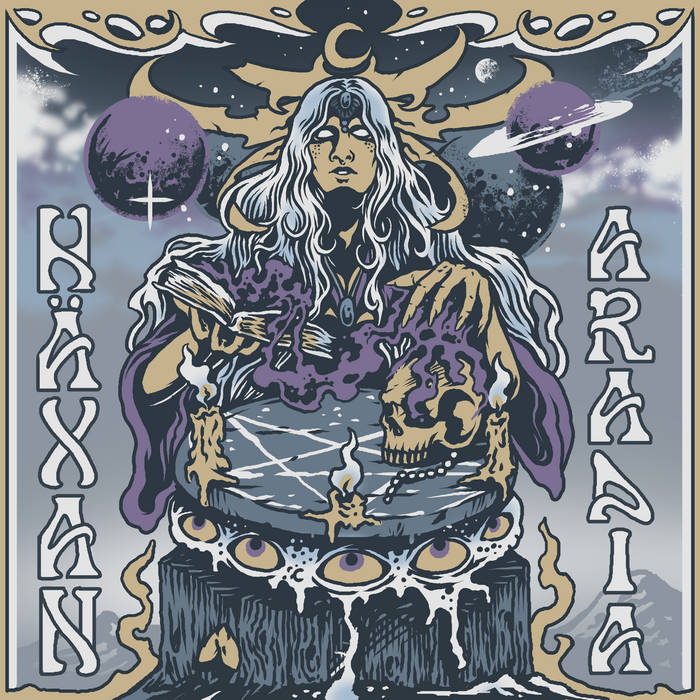I recall the tour guide at the Þjóðminjasafn in Iceland telling our group that, although her museum was small by comparison to some other countries’ national museums, Icelanders felt proud of it because the treasures it contained all truly belonged to Iceland. The pieces on exhibit came from local archaeology and preservation, not from colonial prize-taking. I suspect she had the British Museum in mind when she said it. I have set today aside for wandering through the collections at the British Museum, and although my heart falters at the sight of the items in the Egyptian and Assyrian galleries, the legacy of empire blankets every inch of that space. The ever-present contradiction of the great museum looms larger here than perhaps anywhere else: the wonder of seeing the lamassu guardians from Assyria, the distemperate knowledge that while I stand here in London admiring the masterpiece, in northern Iraq, from where the lamassu were taken, the aftershock of colonialism still rumbles.


